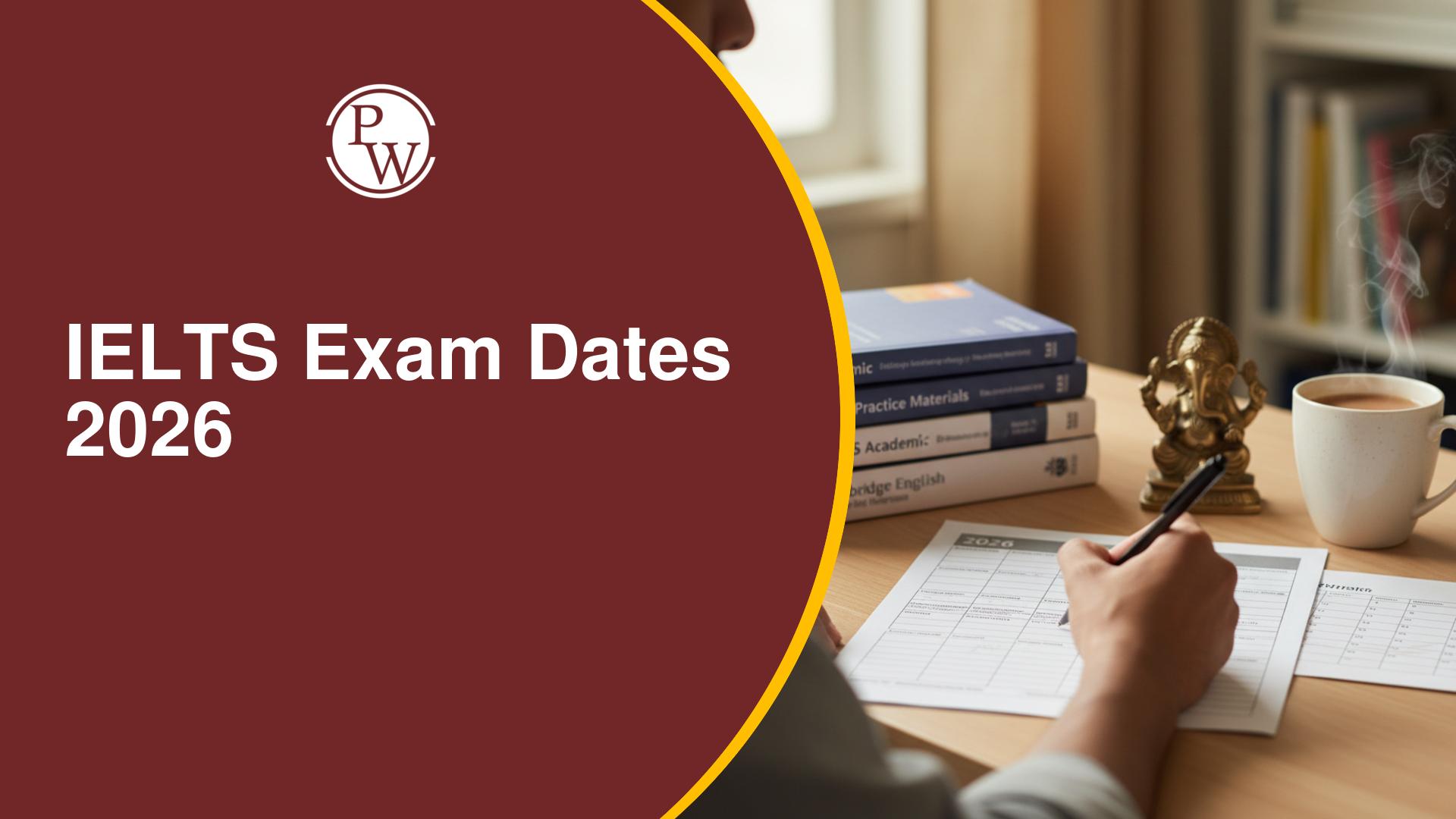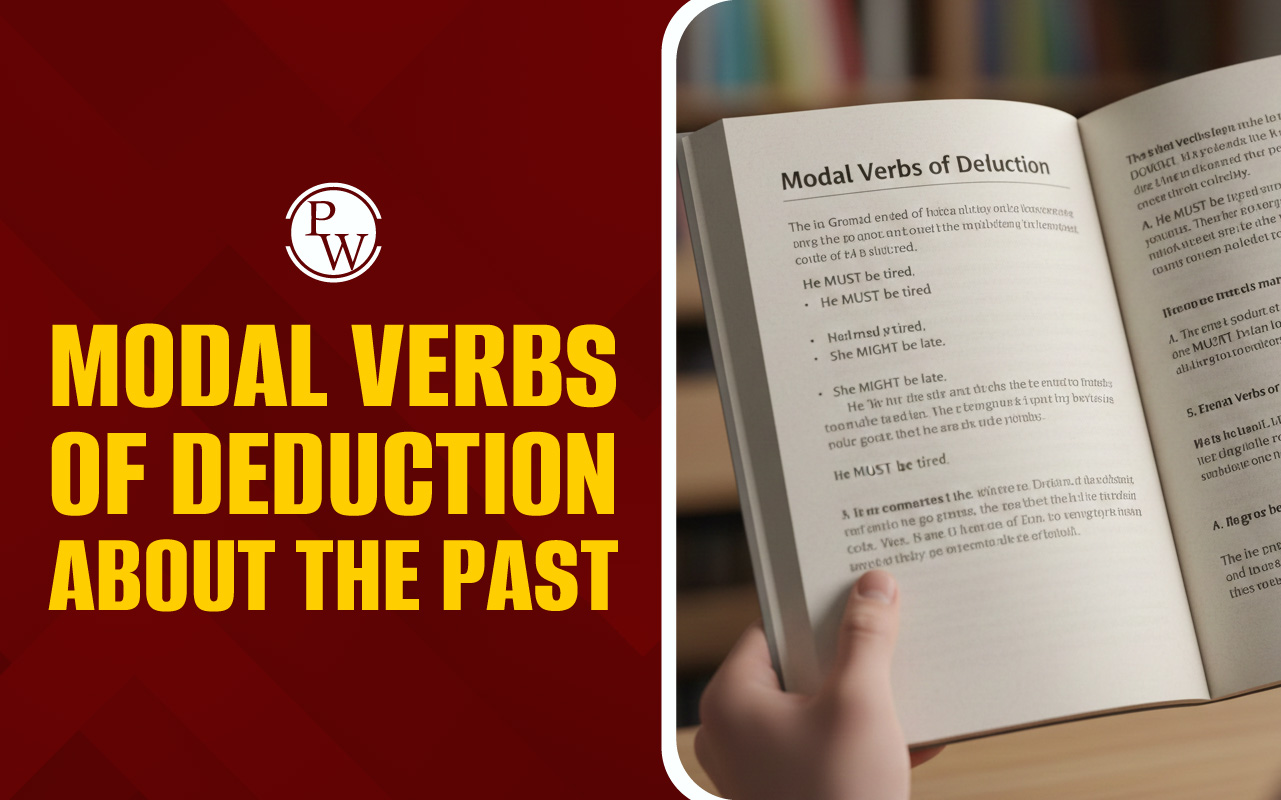
Food For Thoughts IELTS Reading Answers: In the IELTS Academic Reading test, candidates often face passages based on real-world issues such as education, health, and social development. The passage “Food For Thought” explores how school feeding programmes in Malawi improve student enrolment, academic performance, and long-term well-being. This type of passage is typical in IELTS exam because it combines factual information with social impact, making it ideal for testing skills like identifying main ideas, matching headings, and understanding cause-effect relationships. Practising with this passage will help you prepare for similar topics and improve your overall reading band score.
Free IELTS Reading Practice Tests, Cambridge Sample Test PDF
Food For Thoughts IELTS Reading Answer Passage
You should spend about 20 minutes on Questions 1-6, which are based on the Food For Thoughts IELTS Reading Answer passage below.Food for Thought Reading Passage
A. There needs to be more classrooms at the Msekeni primary school, so half the lessons take place in the shade of yellow-blossomed acacia trees. Given this shortage, it might seem odd that one of the school’s purpose-built classrooms has been emptied of pupils and turned into a storeroom for sacks of grain. But it makes sense. Food matters more than shelter. B. Msekeni is in one of the poorer parts of Malawi, a landlocked southern African country of exceptional beauty and great poverty. No war lays waste to Malawi, nor is the land unusually crowded or infertile, but Malawians still have trouble finding enough to eat. Half of the children under five are underfed to the point of stunting. Hunger blights most aspects of Malawian life, so the country is as good a place as any to investigate how nutrition affects development and vice versa. C. The headmaster at Msekeni, Bernard Kumanda, has strong views on the subject. He thinks food is a priceless teaching aid. Since 1999, his pupils have received free school lunches. Donors such as the World Food Programme (WFP) provide the food: those sacks of grain (mostly mixed maise and soya bean flour, enriched with vitamin A) in that converted classroom. Local volunteers do the cooking – turning the dry ingredients into a bland but nutritious slop and spooning it out onto plastic plates. The children line up in large crowds, cheerfully singing a song called “We Are Getting Porridge”. D. When the school’s feeding programme was introduced, enrolment at Msekeni doubled. Some of the new pupils had switched from nearby schools that did not give out free porridge, but most were children whose families had previously kept them at home to work. These families were so poor that the long-term benefits of EDUCATION seemed unattractive when set against the short-term gain of sending children out to gather firewood or help in the fields. One plate of porridge a day completely altered the calculation. A child fed at school will not howl so plaintively for food at home. Girls, who are more likely than boys to be kept out of school, are given extra snacks to take home. E. When a school takes in a horde of extra students from the poorest homes, you would expect standards to drop. Anywhere in the world, poor kids tend to perform worse than their better-off classmates. When the influx of new pupils is not accompanied by an increase in the number of teachers, as was the case at Msekeni, you would expect standards to fall even further. But they have not. Pass rates at Msekeni improved dramatically, from 30% to 85%. Although this was an exceptional example, the nationwide results of school feeding programmes were still pretty good. On average, after Malawian schools started handing out free food, 38% more girls and 24% more boys were attracted. The pass rate for boys stayed about the same, while for girls, it improved by 9.5%. F. Better nutrition makes for brighter children. Most immediately, well-fed children find it easier to concentrate. It is hard to focus the mind on long division when your stomach is screaming for food. Mr Kumanda says that it used to be easy to spot the kids who were really undernourished. “They were the ones who stared into space and didn’t respond when you asked the question,” he says. More crucially, though, more and better food helps brains grow and develop. Like any other organ in the body, the brain needs nutrition and exercise. But if it is starved of the necessary calories, proteins and micronutrients, it is stunted, perhaps not as severely as a muscle would be, but stunted nonetheless. That is why feeding children at schools works so well. The fact that the effect of feeding was more pronounced in girls than in boys gives a clue to who eats first in rural Malawian households. It isn’t the girls. G. On a global scale, the good news is that people are eating better than ever before. Homo sapiens has grown 50% bigger since the industrial revolution. Three centuries ago, chronic malnutrition was more or less universal. Now, it is extremely rare in rich countries. In developing countries, where most people live, plates and rice bowls are also fuller than ever before. The proportion of children under five in the developing world who are malnourished to the point of stunting fell from 39% in 1990 to 30% in 2000, says the World Health Organisation (WHO). In other places, the battle against hunger is steadily being won. Better nutrition is making people cleverer and more energetic, which will help them grow more prosperous. And when they eventually join the ranks of the well off, they can start fretting about growing too fast.Food For Thought Reading Answers Sample Questions
Questions 1–6:
Choose the correct heading for each paragraph from the list of headings below.
Write the correct number (i–ix) next to Questions 1–6.
List of Headings
i. School performance defies expectations
ii. The global perspective on nutrition
iii. Education is not always prioritised
iv. Poor infrastructure but strong reasoning
v. Personal opinions of a school headmaster
vi. Surprising effects of improved diet
vii. A typical day at Msekeni
viii. The science behind nutrition and intelligence
ix. How food changed school demographics
Paragraph A
Paragraph B
Paragraph D
Paragraph E
Paragraph F
Also Read:- Should You Use All Capital Letters in the IELTS Listening and Reading Tests
- IELTS Reading Mistakes
- How to Improve IELTS Reading Score
- How to Manage Time in IELTS Reading
Food For Thought Reading Answers with Explanations
Answers to Questions 1-6
|
Question |
Answer |
Explanation |
|---|---|---|
|
1 |
iv |
Paragraph A explains how a classroom is being used to store food, showing that food is prioritised over physical infrastructure. |
|
2 |
ii |
Paragraph B provides a broader view of Malawi’s hunger issues, linking nutrition to national development. |
|
3 |
iii |
Paragraph D discusses how extremely poor families preferred to keep children home to work, until food became a reason to send them to school. |
|
4 |
i |
Paragraph E describes how despite more students and no extra teachers, academic performance improved unexpectedly. |
|
5 |
viii |
Paragraph F explains the biological impact of nutrition on brain development and mental alertness, especially in young learners. |
|
6 |
ii |
Paragraph G takes a global perspective, stating how overall human nutrition has improved since the industrial revolution. |
| IELTS Exam Important Links | |
|---|---|
| IELTS Reading Band Score | IELTS Listening Band Score |
| IELTS Speaking Band Score | IELTS Writing Band Score |
Tips for Answering Food For Thoughts IELTS Reading Answer
Here are some common tips and tricks to tackle “Food For Thoughts IELTS Reading Answer”:| Food For Thoughts IELTS Reading Answer Tips | |
|---|---|
| Question Type | Tips |
| Matching Headings |
|
| Notes Completion |
|
| General Tips |
|
| Practice Active Reading |
|
| Stay Calm and Focused |
|
How to Manage Time in IELTS Reading
Guidance of PW IELTS
Physics Wallah offers a few popular online IELTS courses for all students. Follow the latest IELTS articles to better prepare for the exam.| IELTS Exam Other Related Links | |
|---|---|
| IELTS Registration | IELTS Eligibility Criteria |
| IELTS Exam Pattern | IELTS Syllabus |
| IELTS Exam Dates | IDP IELTS Test Centers |
Food For Thoughts IELTS Reading Answers FAQs
What is the main idea of the passage Food For Thought?
How did food influence school enrolment in Malawi?
Why were girls given extra snacks in the feeding programme?
What was the impact of feeding programmes on academic performance?
What global trend does the passage mention about nutrition?







